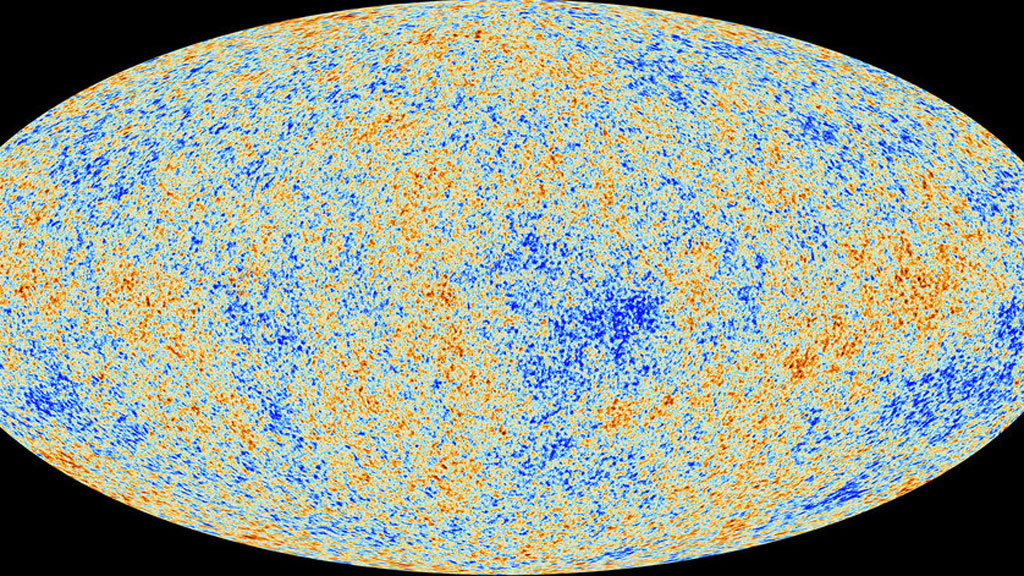Do we finally know what followed the Big Bang?
If true, Monday’s result from a radio telescope in the Antarctic is one of the greatest breakthroughs in the history of science. But for the time being it remains a pretty big if.
The finding is a kind of physics double whammy. First, it may be the first ever confirmation of “cosmic inflation”, the process that immediately followed Big Bang.
It would also be the first time scientists have seen gravitational waves – predicted by Albert Einstein’s theory of general relativity.
Because inflation, so the theory goes, gave rise to the very universe we live in today. Its confirmation would be perhaps the most significant discovery in physics.
Alan Heavens, a cosmologist at Imperial College London, told Channel 4 News: “On the face of it it looks quite convincing, but I’m sure people will want to look at the data and the analysis very carefully. But a quick look suggests it quacks like a duck.”
Read more: on the world’s biggest scientific breakthroughs here
The result was obtained by a radio telescope at the South Pole called BICEP2. Researchers from the Harvard Smithsonian Centre for Astrophysics used it to study the cosmic microwave background radiation (CMB)
The CMB is the oldest light in the universe, created just 400,000 years after the Big Bang. By studying tiny differences in the polarity of that light the researchers claim to have seen evidence of gravitational waves.
Their presence could only be produced by cosmic inflation. That’s what has got the world of physics very excited.
“This is huge, as big as it gets,” Marc Kamionkowski a cosmologist at Johns Hopkins University who was not part of the Antarctica team, told the New York Times on Monday.
But others are urging a bit more caution. “It’s a maybe,” said Carlos Frenk a cosmologist at the University of Durham told Channel 4 News. “When you look closely at the detail it seems as if it might have too much of a good thing.”
He warns the polarization measurement the Harvard team have found is twice as large as expected. “Either something is wrong with their measurement or inflation is a lot more complicated than we think.”
Read more: world 80 million years older than we thought
Ask any scientists and they would tell you no one experiment proves or disproves a theory – the results have to be replicated by others first.
But when it comes to a theory as fundamental as this, said Mr Frenk, it’s important to be even more cautious: “This needs to be verified. And until that happens you can’t take this to the bank.”
Follow @TomClarkeC4 on Twitter

